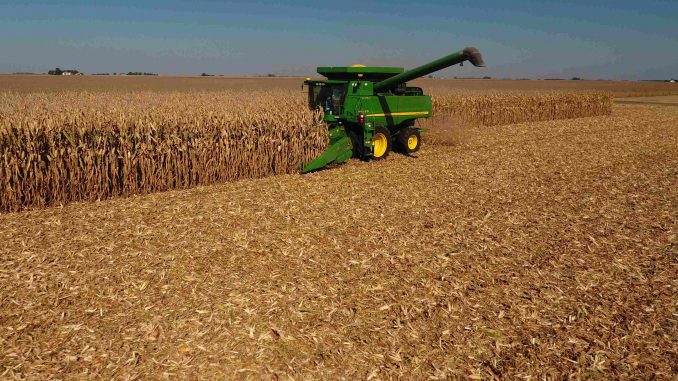
Trump, the man who claimed “Trade wars are good, and easy to win”, has just announced a 12 billion dollars package in aid for farmers affected by the tariffs of the trade war with China and the EU.
Artículo disponible en Español | Article disponible en Français
Tuesday 24th of July, Trump’s administration announced it would be providing up to 12 billion dollars as emergency relief to help farmers hit by Trump’s tariffs in the ongoing commercial war between the US, the European Union and China.
Some farmers welcomed the move, due to the uncertainty, but others rejected the move, pointing out that what they need isn’t government help but markets to sell their products, with government help only working in the short-term. One of the most affected products by Trump’s tariffs are soybeans, with their price decreasing by nearly 20% due to China imposing a 25% tariff on them.
This program is being put together by the US Department of Agriculture, targeting specific products such as soybeans, wheat, corn and dairy products. The government will also be buying surplus of specific products such as fruit or pork. Farmers can begin to sign-up to receive the money by September, right before the congressional elections.
Others were questioning why only the agriculture sector is getting help from the state, with other sectors of the economy, such as car manufacturers or distillers, also being affected by the tariffs.
Wednesday 25th of July, the president of the European Commission, Mr. Jean-Claude Juncker, met with Trump to try and make a deal. Ironically, Mr. Juncker did mention the EU would be increasing imports of soybeans, but contrary to what Trump thinks, this is not done by forcing people to buy US soybeans, but by the free market. With China buying soybeans from Brazil, US soybeans have become cheaper due to lesser demand, and therefore EU companies have slowly been buying US soybeans. This trend is expected to continue, but experts warn that the volumes bought by EU companies won’t reach Chinese volumes, with thus part of the market being lost.


